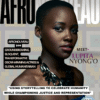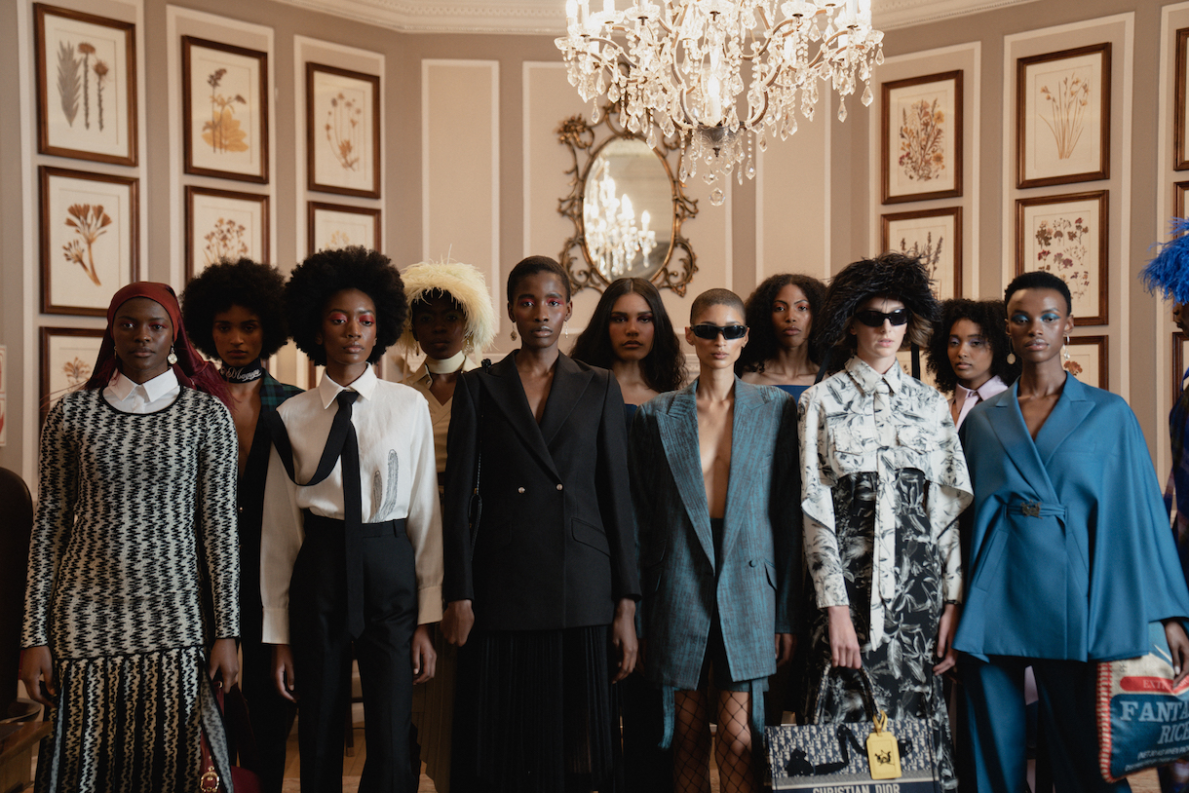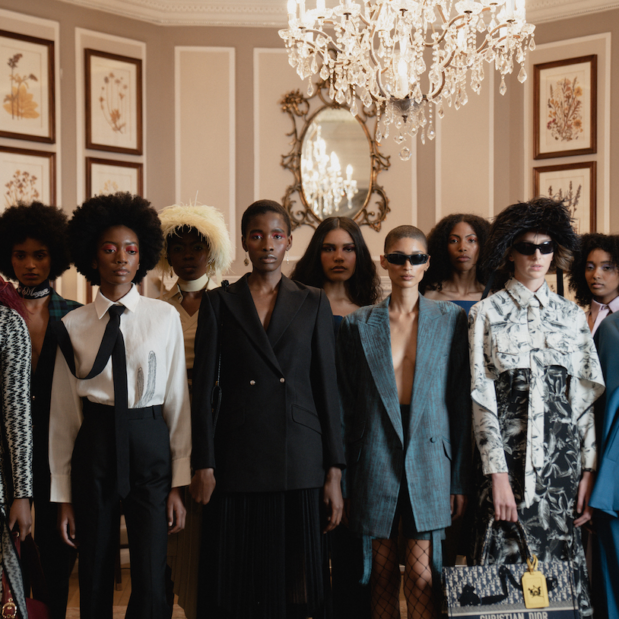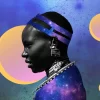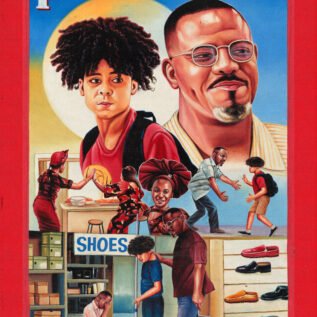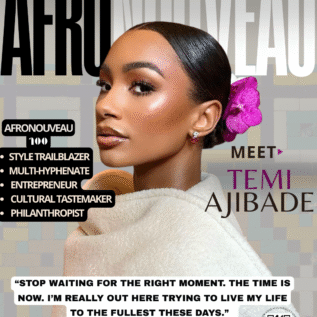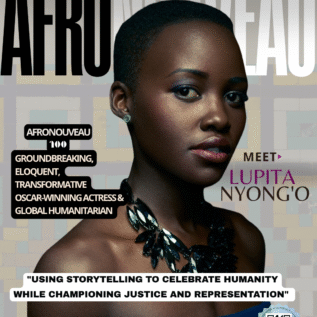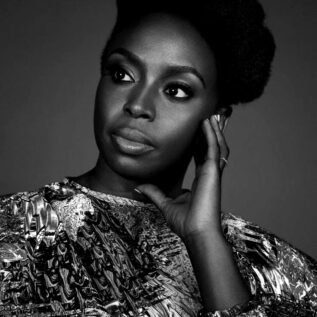You’ve just received an invitation to a high-profile event. The excitement bubbles up, only to be quickly tempered by a familiar conundrum: how do you showcase your rich African heritage through fashion without feeling out of place?

/
JUNE 2024
★AFROVOGUE

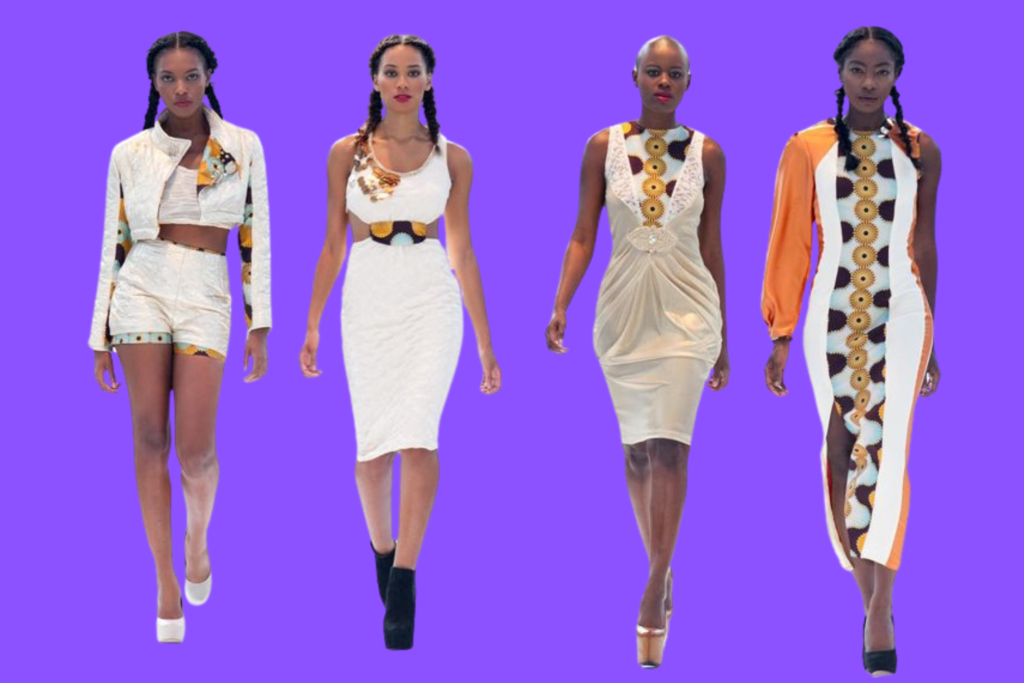

It’s a dilemma faced by many diasporans and Africans in a globalized world. You want to honor your roots, express your identity, but also fit the event’s tone. Fear not, fashionistas! This guide is your compass to navigating the vibrant world of Afro-fashion, ensuring you turn heads for all the right reasons, from Parisian galas to Silicon Valley soirées.
As with any event, understanding the dress code is crucial. But for the African fashionista, there’s an added layer. “I got an invite to a ‘Tech Innovators’ Gala’ in San Francisco,” shares Kwame Osei, a 29-year-old Ghanaian software engineer. “I wanted to wear something that screamed ‘Ghana’ but also ‘cutting-edge professional.’ It was a brain teaser.”
Fashion anthropologist Dr. Amina Diouf explains, “Afro-fashion isn’t monolithic. It ranges from the bold prints of West African Ankara to the intricate beadwork of the Maasai. The key is choosing elements that resonate with both your heritage and the event’s vibe.”
Decoding the Invite, African Style:

Here’s how to blend Afro-flair with common dress codes:
- Black Tie: Think fusion. Men, consider a black tuxedo with a kente cummerbund or bow tie. Ladies, a floor-length gown in Adiré (Nigerian tie-dye) silk or with Ghanaian kente accents can be show-stopping.
- Cocktail: This is where modern African designers shine. A tailored agbada-inspired blazer for men or a chic sheath dress with Ankara peplum for women can strike the perfect balance.
- Smart Casual: Easy! Men, try chinos with a dashiki-style shirt or a subtle mud cloth print polo. Women, pair tailored ankara trousers with a crisp white blouse, or a Tunisian-inspired kaftan top with jeans.
- Beach Formal: African beachwear is unmatched. Guys, linen suits with subtle East African kitenge accents. Ladies, a flowing maxi dress inspired by Senegalese boubous or a high-end kaftan will turn heads.
Location, Location, Location (and Culture):
Understanding the cultural landscape is as important as the physical one. “I wore my full Zulu attire, complete with leopard skin and spear, to a ‘Cultural Exchange’ event in Tokyo,” laughs Thabo Nkosi, a 35-year-old South African diplomat. “I felt like a king until I realized it was in a minimalist art gallery. The contrast was… striking.”
Research is key. A tech event in California might welcome the bold innovation of a deconstructed Ankara suit. But for a traditional tea ceremony in Kyoto, opt for more subtle nods to your heritage, like cufflinks featuring Adinkra symbols or a clutch with Maasai beadwork.
Weather the Storm, African-Style:
African fashion often conjures images of sun-drenched savannas, but what about when the weather doesn’t cooperate? “I wore my favorite heavyweight kente stole to a winter gala in Oslo,” recalls Akinyi Odhiambo, a 31-year-old Kenyan economist. “I was toasty warm and incredibly chic, while everyone else shivered in boring black coats.”
African fashion offers ingenious solutions for every climate. Heavyweight woven textiles like kente or Fulani blankets make stunning (and warm) stoles or capes. In warmer weather, look to the breathable linens of North African djellabas or the light cotton of West African dashikis.
The Power of Accessories:

In Afro-fashion, accessories aren’t just accents; they’re storytellers. “I have this simple navy suit,” says Mariam Touré, a 28-year-old Franco-Malian lawyer in Paris. “With my grandmother’s Tuareg silver earrings and a Fulani amber necklace, it becomes a testament to my heritage. I’ve worn it to court and to art openings.”

Invest in pieces that narrate your story. A beaded Maasai necklace, a Tuareg silver cuff, or a clutch in Malian bogolan can elevate any outfit. For men, consider Swahili-inspired sandals, a kufi cap, or cufflinks featuring ancient Benin bronze motifs
Cultural Appropriation vs. Appreciation:
Navigating global events also means understanding when and how others engage with African fashion. “I attended a ‘Wakanda Forever’ themed fundraiser in Melbourne,” shares Lola Akinwande, a 25-year-old Nigerian-Australian artist. “Some outfits were cringeworthy appropriations, but others were thoughtful celebrations. It sparked fascinating conversations about representation.”
If you spot cultural missteps, use it as a teaching moment. Most missteps come from ignorance, not malice. Share the stories behind your attire. Explain that your Fulani earrings aren’t just ‘tribal chic,’ but symbols of status and artistry.
The Plus-One Palette:

Coordinating with a plus-one adds a vibrant twist in Afro-fashion. “My husband and I attended a destination wedding in Bali,” beams Safi Mwangi, a 33-year-old Kenyan chef based in New York. “He wore a linen suit with Maasai shuka-inspired piping, and I had a flowing dress echoing the same colors. We looked united yet individual, just like our cultures within Kenya.”
You don’t need identical outfits, but consider shared elements. One in bold Yoruba aso-oke, the other in accessories that pick up its hues. Or both incorporate different textiles from your shared homeland.
The Confidence of Kings (and Queens):
“Whenever I wear my grandfather’s agbada, I stand taller,” says Oluwaseun Adeyemi, a 42-year-old Nigerian-British professor in Manchester. “It’s not just fabric; it’s my family’s story, my culture’s resilience. I’ve lectured in it, attended galas. It always commands respect.”
True Afro-fashion isn’t just about looks; it’s about bearing. The dashiki you wear might have been made by a women’s cooperative in Mali. The beads on your Zulu necklace might symbolize bravery. Wear these stories with pride. When you understand the depth of your attire, confidence follows naturally.
High Fashion Meets Homeland:
The global fashion scene is finally waking up to the power of African design. “I used to struggle finding high-end Afro-centric pieces,” admits Amara Diallo, a 30-year-old Senegalese model in New York. “Now, I’m walking runways in Maki Oh and Thebe Magugu. It’s not ‘ethnic wear’; it’s the future of global fashion.”

Luxury brands like Dior and Louis Vuitton are collaborating with African designers. Platforms like The Folklore and Industrie Africa offer high-end, contemporary African fashion. You can now wear a Nairobi-inspired Lisa Folawiyo gown to the Met Gala or sport a Kenneth Ize suit at a Cannes premiere.
Rental and Retail Revolution:
Curating an Afro-chic wardrobe for every event can be daunting. Enter innovative solutions. “I use a service called Koi Collective,” shares Zainab Kamara, a 27-year-old Sierra Leonean tech entrepreneur in Kigali. “They offer rentals of high-end African designer pieces. I wore a stunning Loza Maléombho dress to a pan-African business summit. It felt amazing supporting an Ivorian designer without breaking the bank.”
Also, explore global retailers embracing African brands. From Wolf & Badger stocking Nigerian Nkwo to Farfetch featuring South African Rich Mnisi, authentic Afro-fashion is more accessible than ever.

The Unexpected Invite:
Life’s unpredictability can lead to sartorial adventures. “My African-American colleague invited me, last-minute, to her ‘Harlem Renaissance’ birthday bash,” laughs Ade Oluwole, a 31-year-old Nigerian banker in London. “I had client meetings all day. Thankfully, I keep a vintage-inspired kola nut-dyed boubou in my office. I went from boardroom to speakeasy, time-traveling through the African diaspora’s history.”
Always have a few culturally significant quick-change items on hand. A versatile Ndebele-inspired scarf, a rich gele (Nigerian head wrap), or even a stack of Kenyan Kazuri bead bracelets can swiftly Afro-fy an outfit.
When in Doubt, Connect:
Still unsure? Reach out. “I was invited to a ‘Futuristic Africa’ tech launch in Tokyo,” recalls Nadia El-Amin, a 26-year-old Moroccan-Japanese UX designer. “I messaged the Ghanaian host. She was ecstatic, sending me links to Afrofuturist designers. I ended up in a Moshions dress that looked like it came straight from Wakanda. It sparked so many great conversations about African innovation.”
Hosts love when you engage with their themes. Your questions show respect and excitement. And in the global African community, you’ll often find people eager to share and connect through fashion.
Dressed in Heritage, Styled for the World

In the end, dressing Afro-chic for global events isn’t about perfect assimilation or brazen otherness. It’s about celebrating the rich tapestry of African cultures while engaging with the world. It’s the Rwandan-inspired geometrics on a Silicon Valley power suit, the Amazigh silver gleaming at a Parisian opera, the kente accents turning heads at a Mumbai wedding.
Every time you step out in your African best, you’re not just attending an event; you’re hosting a movable exhibition of culture, resilience, and style. You’re challenging stereotypes, one beaded necklace or agbada at a time. You’re showing that African fashion isn’t a monolith but a kaleidoscope of histories, innovations, and identities.
So the next time an invitation drops, see it as a chance to be a cultural ambassador. Whether it’s a UN assembly or a neighborhood potluck, there’s a way to infuse it with your African essence. After all, in the grand bazaar of global fashion, your heritage is the most precious silk, the rarest gem. Wear it proudly, wear it knowingly, and watch as the world not only accepts but applauds your authentic, Afro-chic self. Now, go forth and let your fashion be your flag!



